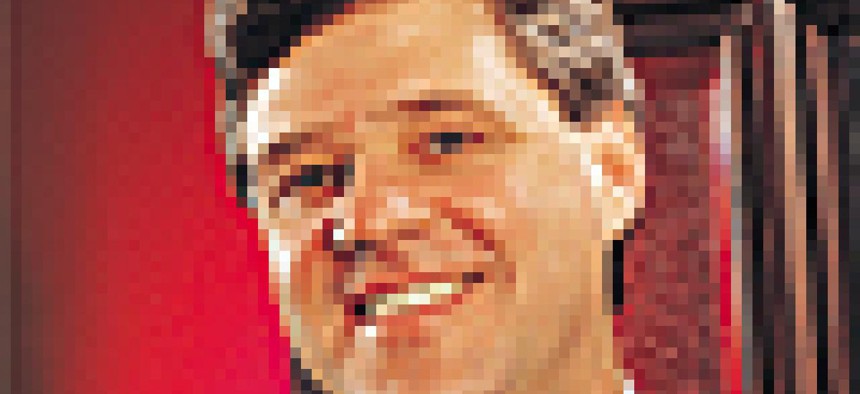Infotech and the Law

Web page links and frames, the sine qua non of the Web, have spawned entire industries and are, far and away, the most easily and frequently used information gathering tools on the Internet.
By Jonathan CainWeb page links and frames, the sine qua non of the Web, have spawned entire industries and are, far and away, the most easily and frequently used information gathering tools on the Internet. But as the market for Internet information content increases, the mutual benefit of unrestricted links may no longer be appreciated. As we have seen in a handful of cases, when content owners feel their content is being misappropriated, they strike back with lawsuits couched in terms of copyright or trademark infringement and unfair competition. What are the rules of the game?Links and frames operate differently and have disparate consequences under copyright and trademark law. There are two kinds of links in HTML: HREF links and IMG links. HREF links refer the browser to a different page. When directed by an HREF link, the browser leaves the initial site, copies the linked page into memory and displays it to the user. The only information copied on the initial site is the address of the linked-to site. Site addresses are pure information, like telephone numbers. They lack the originality of expression that is the essence of a work protected by copyright law. An IMG link directs the browser to insert a separate image file into the text displayed on a page. It does not matter to the end user whether the IMG-linked file resides on the same site as the text or anywhere else on the Internet. Integrating the two files is seamless to the end user.Nevertheless, the IMG file is still just a link (an address) and not a copy of the file on the initial site. The end user may be less likely to be aware of its source, but, for copyright purposes, little has changed.The significant intellectual property problems that links present are found not in copyright law, but in the laws of unfair competition, trademark infringement and dilution, and occasionally in defamation.Including someone's creative content in a Web page without appropriate attribution may constitute a "reverse passing off" of the work as one's own. Reverse passing off violates federal and many state unfair competition laws.No less a corporate citizen than Microsoft Corp. has been accused in federal court of just such a practice. In that case, brought by Ticketmaster in California, Microsoft was accused of incorporating a link to a Ticketmaster Web page in a Microsoft "city guide" Web service to give local concert event information. Microsoft is alleged to have failed to give proper attribution to Ticketmaster and has been accused of passing off the Ticketmaster information as its own. The case, filed in 1997, is still pending.Defamation claims arise when the linking page connects the linked image or file with scandalous or otherwise objectionable material. It also may arise in more mundane circumstances where the link appears to misrepresent a product endorsement by linking a celebrity's image or words to the product. Frames merely exacerbate the situation created by links, because they make it easy to display information from multiple sources as part of a single page.It is technically trivial for the page author to combine information from his own files with that from one or more sources in a single display. It is equally trivial to delete much of the identifying content from the source material, making it easy to mislead the viewer as to the source of the framed material. The practice would appear to create problems similar, if not more difficult, than those created by using IMG links.No reported case has yet decided the propriety of frames employing content from another site. In 1997, a number of news organizations including CNN, The Washington Post Company and others brought an action to enjoin an Internet publisher from incorporating frames from their respective Web sites in a "total news" site.The news organizations claimed they were losing advertising revenue because the Internet publisher was publishing their informational content in frames on its Web site without incorporating the surrounding advertising found on the original sites. Faced with the combined financial and legal might of the news organizations, the Internet publisher settled the case out of court.As it stands today, the risk of infringing a copyright for the use of an HREF link is negligible. IMG links are somewhat risky, not for copyright reasons but because of the risk of unfair competition or trademark dilution claims. Unattributed, unauthorized use of framed materials probably is not worth the risk of stimulating an infringement claim.Jonathan Cain chairs the Technology Practice Group of Mays & Valentine LLP, McLean, Va. His e-mail address is jcain@maysval.com.


Jonathan Cain
NEXT STORY: Integrator Insider